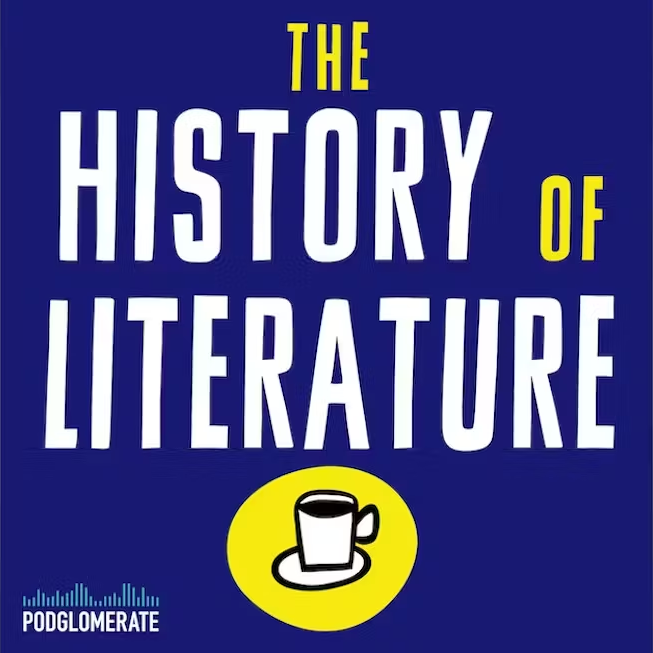As announced last week, The Promotion: A Novella is now available for sale from Amazon as an e-book, and the print version should be up very soon (i.e., in the next few days). I’m also releasing sections of the book in a series of minisodes. Enjoy!
Previously in The Promotion: Minisode #1: In Which the Narrator Takes a Break from Biglaw and Navigates the Depths of His Wife’s Passion
Today’s Entry: Minisode #2: In Which the Annihilation of the Narrator’s Soul Leads to a Stunning Development
It turned out that my wife had not been the first to fall for the streaks idea. Streaks did not exist in nature. You couldn’t count on runs of ups and downs. You had to bet each hand as if it were the only one you were going to bet that day, make your decisions on sound mathematical principles, win or lose the hand, and start the next one with the same clinical detachment.
I showed her the article. But did that stop her? No! Of course not! In fact the opposite occurred. She took it as a good sign: all her losses—the years and years of losses—had “pre-confirmed” her new theory.
“There are no streaks,” she said in a mystified voice.
“It’s okay, honey.”
But she was already getting her things ready. There was a casino in West Virginia she could get to in an hour and six minutes. “No streaks!” she called over her shoulder. “My scheme still works—I just have to do the opposite of what I was doing before!”
Had I overcome my own weakness for passion in others I might have stopped her. But I didn’t, and when she came home broke—actually broker than broke, as she left in our car and returned by bus—she announced that she was leaving me. She denied it had anything to do with gambling, but I knew better. I knew the role that passion had played. I had doubted hers for a moment, and she could not bear to be near me after that had occurred. At the beginning I had chosen her for her passion. In the end she chose her passion over me.
As I was absorbing the blow of this loss, or maybe because I was still suffering from it, a strange thing happened at work.
I had just drafted a memo for a client. In the cover email, I reminded the client of what she had requested and briefly summarized the key issues. Then I wrote that there were three other things worth noting, followed by a bulleted list.
Something about the email seemed funny. I spent a few moments looking at it, trying to puzzle it out, until it hit me. I had not written that there were three other things worth noting. I had written that there were three other things worth nothing.
I shook my head, chuckling at how close I had come to sending an email to a client with such an embarrassing typo. What a fantastic mistake! I prepared to tell the story:
There were four words in a row with a th in them, and I guess I was on a roll. So instead of pointing out to the client that there were “three other things worth noting,” I said there were “three other things worth nothing…”
I could hardly wait to get home to share this with my wife…except of course she was gone and my house would be empty. But I couldn’t keep this to myself! A colleague, maybe? But when? How? I never socialized with anyone at work. When would I get the chance to tell the story? At the next litigation lunch, scheduled for—I checked the calendar—two weeks from Wednesday?
I looked at the sentence again. Worth nothing? Ha—what if that were true?
But I was being paid to write these things. So it was demonstrably untrue.
Wasn’t it?
I closed the blinds behind me as if I were undertaking some kind of illicit project and forced myself to consider the bullet points, one by one.
The first point was this:
This is a draft and may change as circumstances warrant.
A hedging strategy. An absence of commitment. A loophole. What was that worth to the client? It was probably worth nothing! The attachment itself said DRAFT on every page.
Surely the second point would be better:
I would be happy to make changes based on your feedback.
I swallowed hard. This, too, said nothing of consequence. This was being sent to the client! She was paying for this; if she didn’t like it, she would request changes and I would make them. That’s how this worked. And whether I was happy to make the changes was entirely irrelevant. Even if I wasn’t happy—let’s say being asked to make changes made me very angry—it would not change the underlying dynamic.
I was feeling uneasy. My entire career was based on emails like this one. It was all I did.
With mounting anxiety I reviewed the third item:
I’ll be out of pocket for a few hours but will be back online tonight.
This was the worst of all! This one was unquestionably worth nothing! The memo was not due any time soon. My short-term whereabouts simply did not matter. I was demonstrating some kind of commitment to responsiveness—which, again, did not matter. She could expect it, or not, and I would deliver it, or not. My statement was not worth noting. It was in fact worth nothing.
As I sat there stunned—at that very moment—our office manager appeared in the door to offer me the promotion.
Next: The Narrator Refutes His Critics and Begins a Critical New Position
Can’t wait to read the whole thing? A full version of The Promotion is available on Amazon.com.


Leave a comment